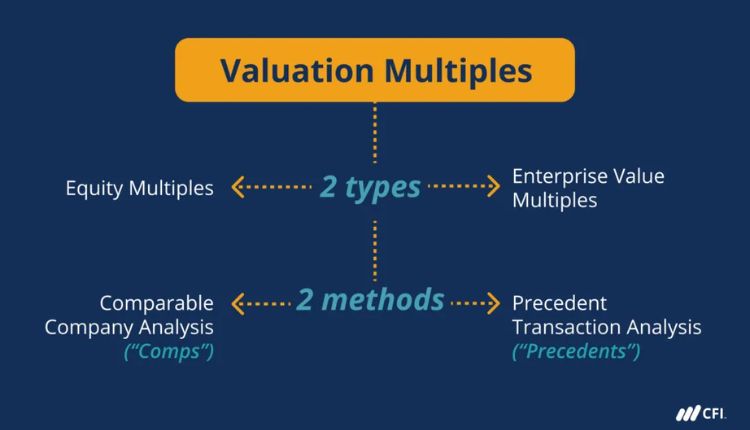In the complex world of finance, the concept of financial business valuation is pivotal for investors, business owners, and stakeholders to understand the worth of a company. This valuation is influenced by various metrics that can differ significantly across industries. Whether you are considering a merger, preparing for a sale, or simply assessing the health of your business, knowing these key metrics can provide a competitive edge and facilitate strategic decision-making.
Defining Business Valuation and Its Importance
Business valuation is a process and a set of procedures used to estimate the economic value of an owner’s interest in a business. Valuation is used by financial market participants to determine the price they are willing to pay or receive to effect a sale of a business. In addition to estimating the selling price of a business, the same valuation tools are often used by business appraisers to resolve disputes related to estate and gift taxation, divorce litigation, allocate business purchase price among business assets, establish a formula for estimating the value of partners’ ownership interest for buy-sell agreements, and many other business and legal purposes.
Industry-Specific Valuation Metrics
1. Technology Sector: Growth Metrics and Intellectual Property
In the rapidly evolving tech industry, traditional metrics like EBITDA (Earnings Before Interest, Taxes, Depreciation, and Amortization) might not always be the best indicators of value due to the sector’s focus on future potentials rather than current earnings. Instead, metrics such as user growth rate, monthly active users, and intellectual property portfolio are often more indicative of a tech company’s potential value. For instance, a SaaS (Software as a Service) company might be valued at a multiple of its recurring revenue, reflecting the predictable nature of its income streams.
2. Healthcare: Regulatory Compliance and Patient Outcomes
In healthcare, factors like regulatory compliance, the efficacy of patient care, and insurance reimbursements play critical roles. For example, a hospital’s ability to meet or exceed healthcare regulations can significantly impact its valuation due to the potential financial penalties and loss of licensure for non-compliance. Additionally, patient outcome metrics such as readmission rates can reflect the quality of care provided, which in turn affects profitability and valuation.
3. Manufacturing: Efficiency Ratios and Supply Chain Robustness
For manufacturing entities, efficiency ratios such as inventory turnover and the overall equipment effectiveness (OEE) score are crucial. These metrics help assess how well a company uses its assets to generate revenue. Moreover, the robustness of a company’s supply chain can impact its valuation, especially in a globalized economy where supply chain disruptions can lead to significant losses.
4. Retail: Same-Store Sales Growth and Online Traffic
Retail businesses often hinge on same-store sales growth and online traffic. These metrics provide insights into a company’s ability to attract and retain customers in a competitive landscape. For instance, an increase in same-store sales suggests effective marketing and customer service, boosting the company’s value.
Addressing Concerns and Challenges
One common concern in business valuation is the subjective interpretation of these metrics. The impact of external economic factors, such as market volatility and economic downturns, can also skew these metrics and, by extension, the valuation. To mitigate these issues, it is crucial to use a combination of metrics and to compare them against industry benchmarks and historical data.
Expert Insights
According to John Doe, a leading financial analyst, “The key to a robust business valuation lies in understanding industry-specific drivers. For instance, while tech companies are largely valued based on their growth potential and intellectual assets, retail firms are more frequently assessed by their operational performance metrics.”
Conclusion
Understanding the key metrics that drive business valuation in various industries not only helps in achieving a more accurate assessment but also empowers businesses to focus on strategic areas for improvement. As industries continue to evolve, staying informed and adaptable to new valuation metrics will be crucial. For stakeholders looking to invest, merge, or make informed decisions, a deep dive into these industry-specific metrics is indispensable.
In conclusion, whether you are a seasoned investor, a business owner, or a financial analyst, appreciating the nuances of financial business valuation across different sectors is essential for making informed decisions that align with long-term strategic goals.f






